This post may contain affiliate links. Please read our disclosure for more info.
When I first started yoga, I often found myself collapsing on the couch in exhaustion after evening class. Yoga seemed to be a fitness activity that anyone could do, so why did it make me so tired? Here’s what I’ve discovered with research and personal experience.
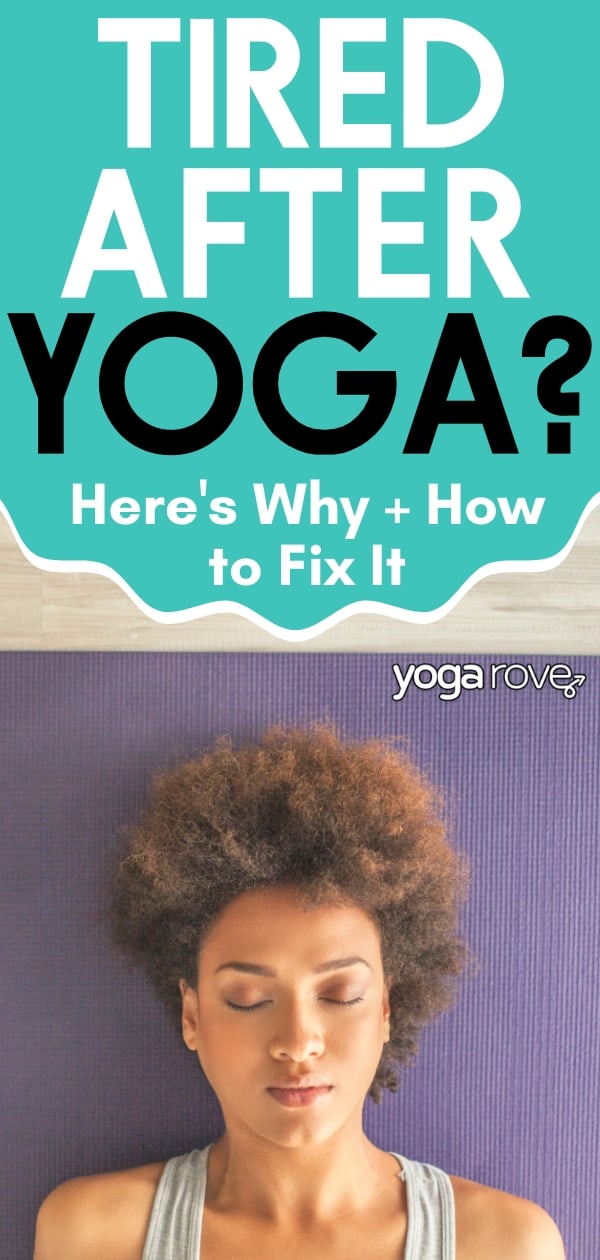
Why do you feel tired after yoga? If you feel tired after yoga, it’s because yoga teaches you to pay attention to your breath and your body – often revealing just how fatigued you actually are. The poses work on your body on a deep level, which means that a simple yoga practice can leave you exhausted.
The style and length of yoga practice plays a big factor in how tired we become after practice.Feeling tired after class can be discouraging. There are many factors that influence how tired we feel, and simple steps we can take to be more energetic after yoga.
Check out the video below for a full explanation of each tip, or keep scrolling for a full written breakdown!
Why You’re Feeling Tired After Yoga
Whether you’re a beginner or a seasoned practitioner, there are many reasons why yoga can be tiring.
- You’re not getting enough sleep. Paying attention to our body during practice can show us just how tired we are. Five hours can feel fine until we hit the mat.
- Your body isn’t used to stretching. Yoga involves many lengthening motions – we’re constantly stretching – which can be tiring, especially for those of us (me included) who sit at a desk. Muscles that are stretching after a long sleep release stored tension. Lots of tension release is great, but the relaxation afterwards can counter-intuitively feel like exhaustion.
- Your muscles are building strength. Yoga practice is great for building strength! Even basic asana like Trikonasana (Triangle Pose) and Virabhadrasana II (Warrior II) build muscle mass in large, important muscle groups like the quads, glutes, and shoulders. Your body is working hard at boosting its muscle to keep you in active poses.
- You’re not paying attention to your breath. Breath is key in yoga! It brings our attention 100% to our bodies. This shows us when to go deeper, when to step back, and when to rest totally. Being in touch with the breath helps us enter a meditative state and can even release negative emotions (see this article from Yoga Journal for more).
- In active classes, your heart is getting a workout. It works hard in any active class, whether it’s a sweaty one or not. That can make us tired (and it can be a good thing, too!). Hot classes can make the heart work extra hard.
- You’re not doing the asana properly. The poses might be difficult. They shouldn’t be impossible. Make sure you ask the teacher if you have questions and stay within your limits.
- You’re not doing Savasana properly. Savasana, or “corpse pose” is the prone relaxation at the end of every class. Savasana provides space for the body to integrate the physical practice, plus space for your mind to rest after a time of intense focus. Moving or thinking during Savasana prevents the body & mind from resting.
- It’s not the right level class for you. Starting a yoga practice by attending advanced level classes, Power classes, or Hot Vinyasa can be a lot for the body. This is true even if you already exercise.
- It’s not the right type of yoga practice for you. What we need varies over time. Ashtanga or Bikram might be too taxing right now. It’s OK to recognize that.
- Yoga asanas work your body & your emotions. Releasing muscles that have been tense for years can release emotions that the body has stored. The body starts to work on the backlog of old feelings once we’re relaxed in the present. Elephant Journal has an excellent article on this topic.
Lifestyle Tips to Improve Energy after Yoga
One of the joys of yoga is that it’s a whole life practice. Improving in the physical practice can require looking at how we live every day.
1. Get More Sleep.
A big lifestyle challenge I see in my students is lack of sleep. The Sleep Foundation recommends 7–9 hours for adults. This means getting to bed earlier and getting better quality sleep. One healthy habit is to limit screen time in the two hours before bed to usher in earlier, restful sleep.
2. Think about the time of day you’re practicing.
Do you usually feel tired then? That can be a sign that your body is naturally winding down and yoga is accelerating that process. Take a class at a different time to see if that helps.
3. Eat lightly and more than two hours before practice.
In my yoga teacher training, we ate more than four hours before! A full stomach zaps energy for digestion from the rest of the body. This can create feelings of sluggishness during and after practice.
Consider adding stretches or simple asana to your morning routine. This opens up the body early in the day. A body that’s already energized from the morning will protest less later on.
4. On to a controversial topic: caffeine.
Many ancient yogic traditions restrict usage of any stimulant, including tea and coffee. Unfortunately, that’s not realistic for most people today.
One friend of mine swears by an espresso 30 minutes before afternoon Power Yoga class. Another friend of mine has a single cup of coffee four hours before any yoga.
I find that black tea sits well with me an hour before. Being jazzed up can make it difficult to follow my breath, though.
Caffeine consumption can support practice by giving you energy. It can cause us to crash, too, as soon as practice is over. If you do consume caffeine, try having it at different times in the day or further before your practice.
Tips to Make Sure Your Yoga Practice Works for You
Feeling tired after yoga class can be discouraging. Fortunately, today’s yoga is infinitely customizable to every person’s needs. Making sure your practice is right for you and paying attention to the way you practice are vital to ensuring a healthy practice.
1.Check out the type of yoga you’re doing to make sure it’s a good fit.
There are many different types of yoga to choose from, and it’s important you pick the right one for you.
As a rule:
- Vinyasa, Power, and Ashtanga classes are more active.
- Hatha classes are slower with longer holds between poses.
- Gentle classes, Restorative classes, and Yin classes are slower and gentler. These are a good option if you are getting started with yoga or feel like you need to rest.
- Consider taking a beginner or fundamentals course to prepare for harder classes. It’s like the training wheels for your yoga bicycle. You’ll learn the ins & outs of different yoga poses, plus get familiar with how your body reacts to different poses.
It’s always OK to take these classes until you’re comfortable with the concepts. I attended the beginner’s level at my local Iyengar studio three times to prep for harder classes!
2.Be sure to check in with your body during class to see how you are feeling.
You may find certain asanas more taxing than others, or the post-asana meditation is what does you in. Ask your teacher for tips if it seems like certain poses or practices are draining your energy.
3.In addition to checking in with the body, keep tuning in to your breath as you practice yoga.
The breath is a barometer for how hard our body is working.
Ragged breath means we’re likely pushing too hard. Slow, deep, even breath is best, unless the teacher guides you to a different breathing style.
Finally, allow yourself to relax fully when everyone lies down at the end of class in Savasana. Letting go in Savasana creates space for the body to gather its energy after practice. You deserve a good rest, too!
Why Feeling Tired can be a Good Thing
- Feeling tired can be an indicator of growth.
- Our body and mind get stronger through yoga.
- The body lengthens and strengthens.
- The mind learns to focus.
- We’re exercising new muscles (even mental ones) or old muscles in new ways.
- Feeling tired means that you’re growing in your practice.
- Your body is gaining mass & length.
- Your mind is becoming focused & clear.
- Even advanced practitioners experience constant physical and mental change through yoga practice – just know that it’s normal!
- Old physical misalignments and thinking habits gradually disappear with a regular yoga practice. The process of letting go and re-learning naturally makes us tired. It means that the yoga is working. This is a good thing because it shows us our limits.
Most of all, a healthy, long-term yoga practice emerges gradually. Some days will be exhausting, while others invigorating. It’s normal to feel tired after yoga, especially at first or when we’re changing. Check in with yourself to build a sustainable practice that will last a lifetime.
Related Questions
Can We Sleep After Yoga? Yes, it’s OK to sleep. Taking a short nap can leave you with loads of energy. Restorative yoga can be excellent preparation for deep, restful sleep. When starting out set a timer for 20 minutes and try to figure out what the perfect amount of time for you to take a nap is. If I go over 25 minutes it actually makes me more tire. Test to see what are the best results for you.
Is it normal to feel weak after yoga? Yes! Anytime we start a physical activity or progress in the practice we can feel weak. This is due to the muscles getting a workout. Strength will come with time. One thing I love to do is to have a plant or whey protein shake right after a hard session. Providing my body the essential nutrients for a speedy recovery always makes me feel great.

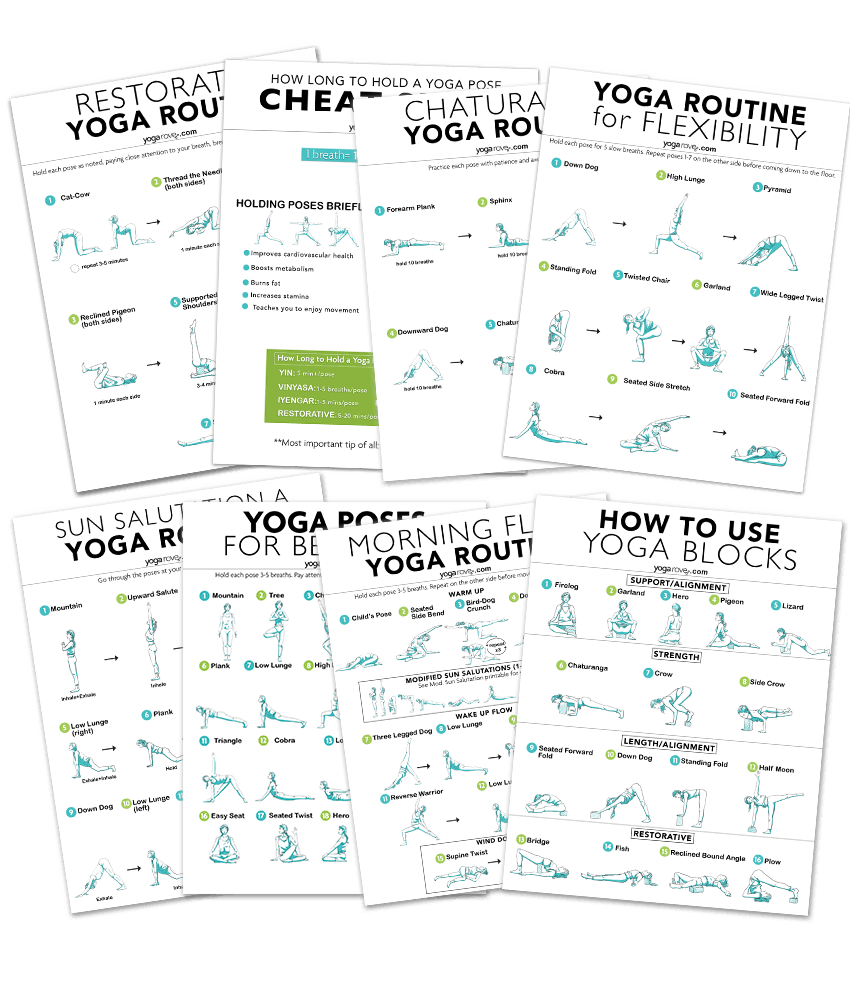

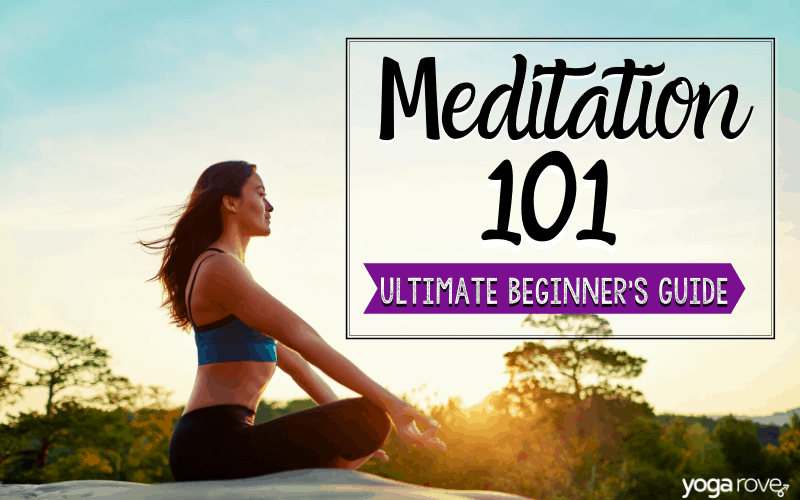
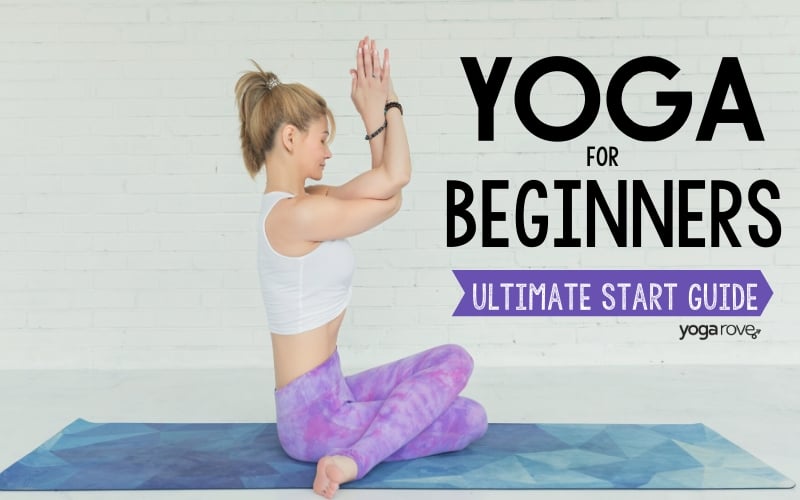

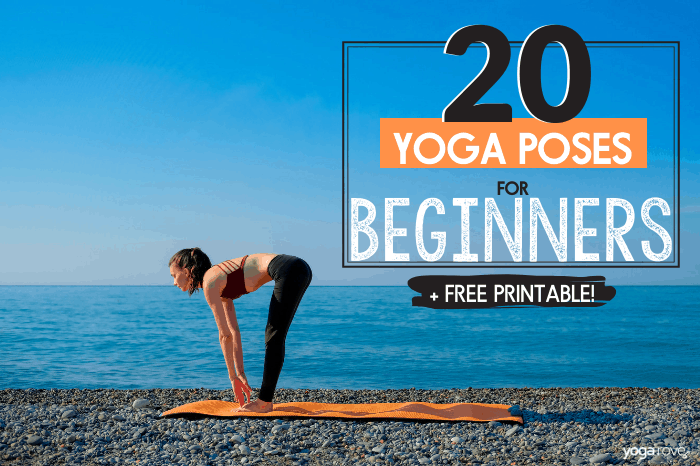
Thank you! This explains everything. Namaskaram????
One of my favorite things to do after a yoga session at home is to fall asleep for 20minutes. Anything more then that makes me feel groggy.
Thank you! Needed this reassurance very much!
I’m glad you found it helpful Deborah 🙂
I m bcoming very tired,exhausted and weak, lazy after doing any 4 aasanaas but if i stop for 48 hours only then i regain and bcms normal. What is remedy? I m aged 67. Years. Since 25. Years age I observe this problem.but after 48 hours rest I again getbfeelingbto do aasanaas.
You may need to switch up the type of yoga you are practicing- the type you are practicing may be too physically taxing at the moment. Try implementing more restorative and gentle practices and see how that works!
Thank you so much ,this article cleared so many doubts, its very helpful 😊
So happy to be able to help Sumathi!
I’m not sure what type of yoga I am doing. It’s from an App called Daily Yoga. I do body flexibility stretches then the basic beginner’s yoga. It’s set up with a different routine daily. Im on day 3 and have felt much better joints-wise but I’m overly tired now? I think a thicker mat will help as I have neck/ shoulder damage and I struggle in some poses. Any other tips? I do this in my home…no trainer…never did yoga before.
Hi Laquita,
This could be because you’re stretching and strengthening parts of your body that you are not used to. This is very normal when first starting out especially if this is your first week. Definitely stick with it, drink lots of water, allow yourself to rest, and be gentle as you go into each pose. Even the simplest yoga poses can tire you out if you are activating or stretching muscles you normally don’t. We have a great article on beginner gentle neck and shoulder stretches that may be beneficial to you. You can check it out here 🙂 : https://yogarove.com/gentle-yoga-poses-for-neck-and-shoulders/.
This is great, Mary! Thank you for the write up.
I recently completed my 350hour yoga training program and have been kinda getting tired (during the Teacher Training Program as well as now during my practice at home). I have tried variations and changing my style to find the best fit but I found some really great inputs in here that I would definitely try.
I would also love to update you with the results after significant practice 🙂
Cheers
Glad you enjoyed the post Divya! Would love for you to update us on your progress 🙂
This helped so much. I just began the 30 day yoga challenge with Adrienne on YouTube and it was great but I’m so tired haha. This really explained why I could be tired and answered some questions I had. For sure gonna take just a tiny nap 😊
Awesome Claudia! Yes so important to listen to your body and give it what it needs <3
Yes, I’ve just started ashtanga four days per week and every now and then I get deep muscle tiredness after class. I will take your suggestion of being more generous with savasana, as I was rushing through it.
Thnx that helps a lot
Glad you found it helpful!
Can I take protein shake right after hard session?…it is heard we should wait for atleast 30 min befor drinking
Yes that is absolutely fine, especially if you feel like your body needs it. 🙂
Very nicely explained. Appreciate it a lot 👍
Glad you found it helpful Bharatarajan!
Thank you for your help. I have learned a lot about my tiredness around yoga, I have learned that I am probably not getting enough rest and sleep, I play two days of golf per week/ aver 10/11 holes per day. I also can be quite uptight or stressed at times.